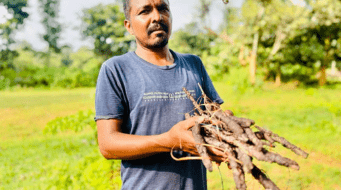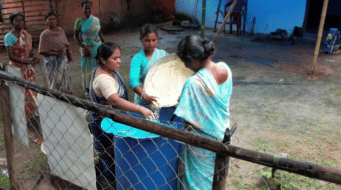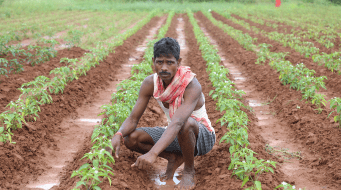The Power of Rural Development
Rural communities are the backbone of our nation. According to the World Bank, 65% of India’s population resides in rural areas, making rural development a critical aspect of sustainable development and inclusive growth. However, these communities often face formidable challenges, including poverty, limited access to healthcare and education, inadequate infrastructure, and environmental degradation.
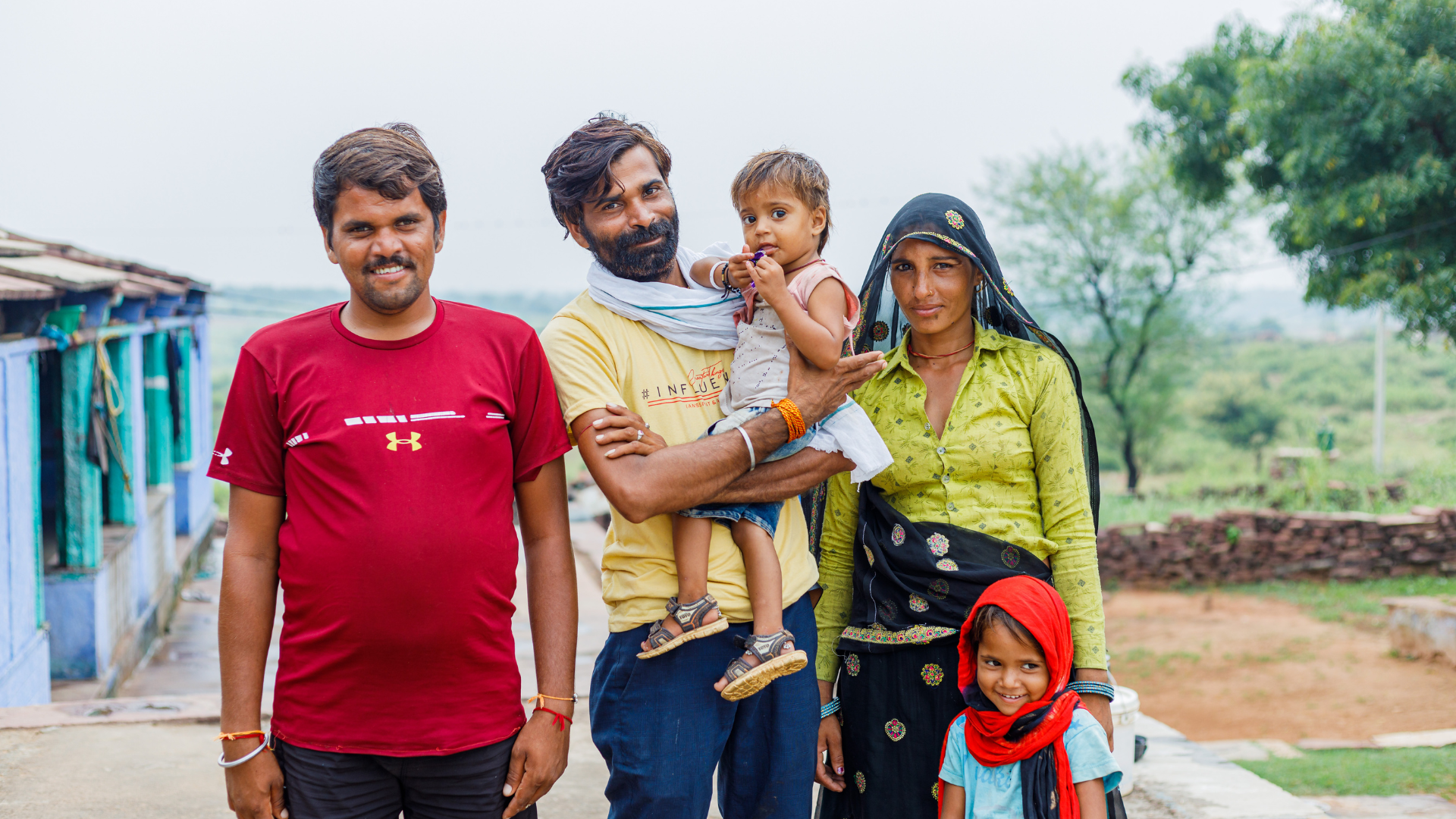
Investing in rural development is not only a moral imperative but also a strategic move that can yield substantial social, economic, and environmental returns.
Here are some of the advantages that organisations can gain from investing in rural India:
-
Economic Growth and Inclusive Prosperity:
Rural development initiatives can unlock tremendous economic potential by empowering local communities, creating sustainable livelihoods, and reducing poverty. Research demonstrates that agriculture is notably more successful at alleviating extreme poverty. For individuals living on less than 1 USD a day, growth in the agricultural sector can be up to 3.2 times more effective at reducing poverty compared to growth in other sectors (Christiansen, Demery and Kuhl, 2010).
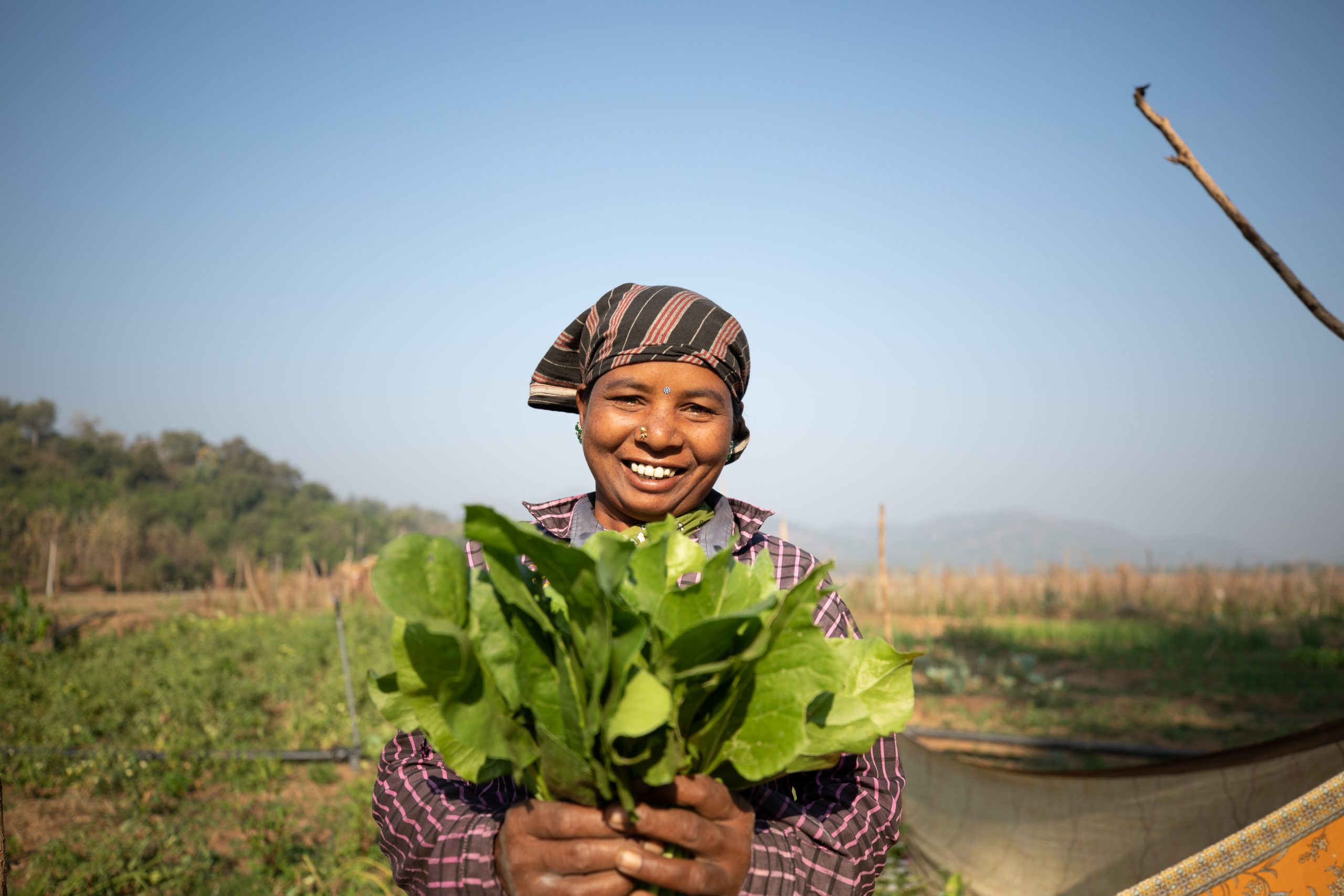
By investing in agriculture and rural livelihoods, organisations can catalyse inclusive growth and foster a vibrant rural economy.
-
Market Expansion and Consumer Base:
Rural areas represent a vast untapped market for products and services. As per a study by Boston Consulting Group (BCG), the rural consumption rate in India is growing rapidly, outpacing urban consumption growth rates, which presents an unprecedented potential market for businesses. By investing in rural development, corporations can help improve infrastructure, enhance connectivity, and boost the purchasing power of rural communities.
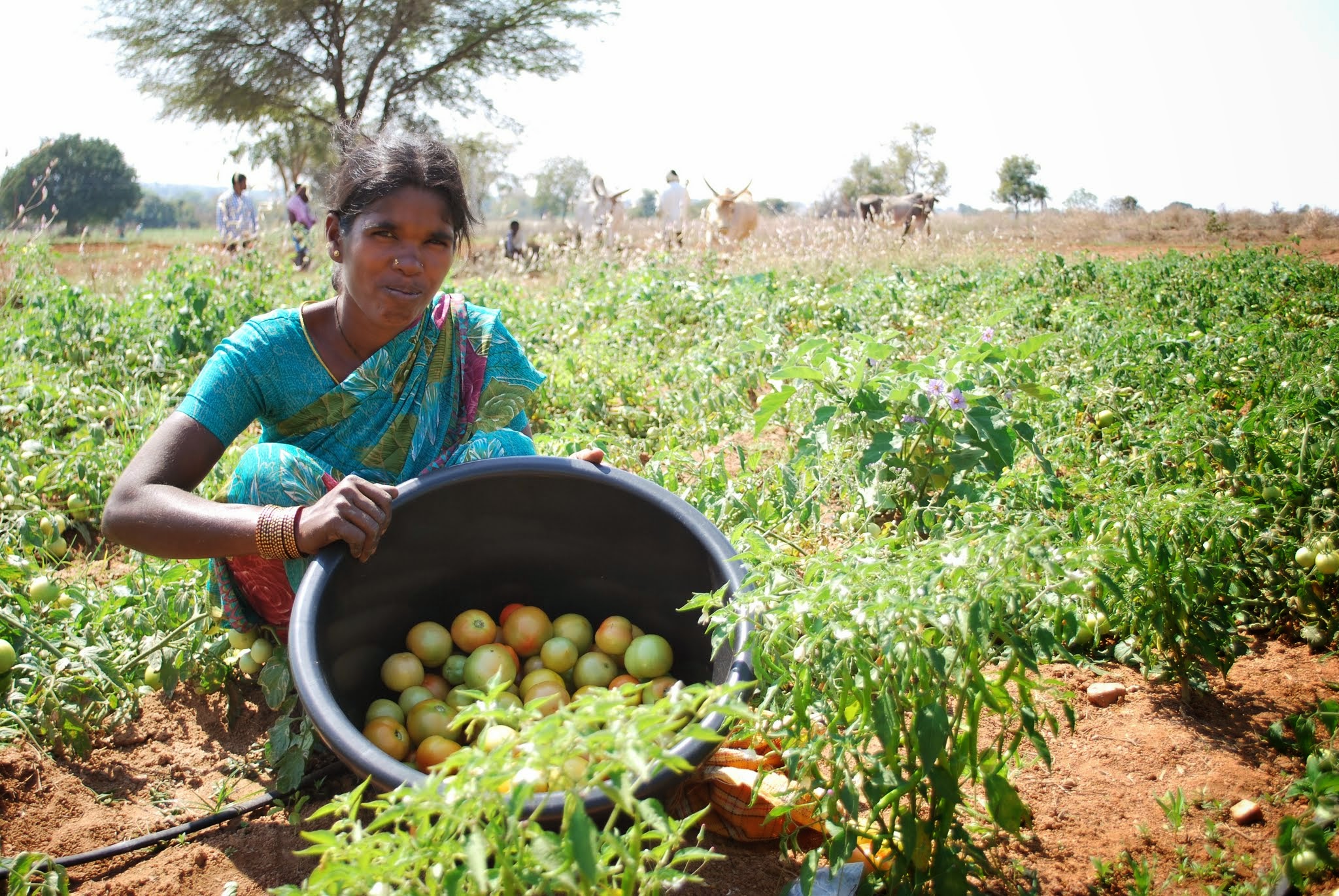
This, in turn, can lead to the expansion of markets, increased consumer base, and long-term business growth.
-
Environmental Sustainability:
Rural areas are often blessed with rich natural resources. However, environmental degradation due to unsustainable practices threatens the well-being of communities and exacerbates climate change. As per UNCCD’s Global Land Outlook Report, 32% of the land in India is considered degraded and 25% of it is undergoing desertification.
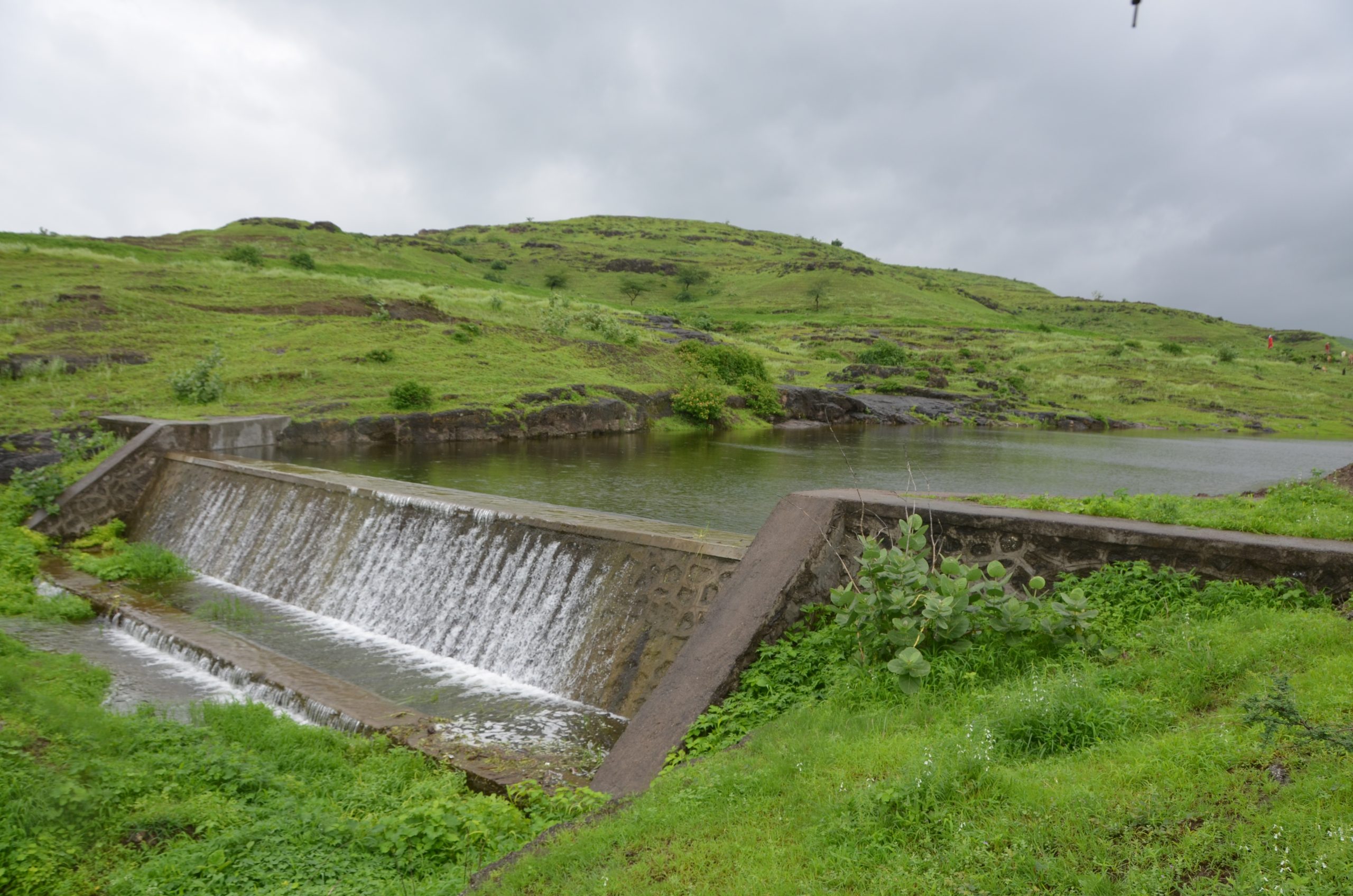
Through rural development initiatives, donor organisations can support nonprofits like WOTR in promoting sustainable and climate-resilient agriculture, community-led integrated watershed management, afforestation, and renewable energy adoption, contributing to a greener and more sustainable future.
WOTR: A Trusted Partner for Transformative Rural Development
When it comes to effective and impactful rural development, WOTR (Watershed Organisation Trust) stands out as a reliable and experienced partner. With three decades of dedicated work in rural areas, WOTR has consistently delivered results and earned a strong reputation for its approach and methodologies.
-
A Holistic Approach:
WOTR adopts a holistic approach to rural development, recognizing the interconnectedness of social, economic, and environmental factors. Their programs integrate watershed management, climate resilience, sustainable livelihoods, women empowerment, and capacity building, ensuring comprehensive and sustainable development.
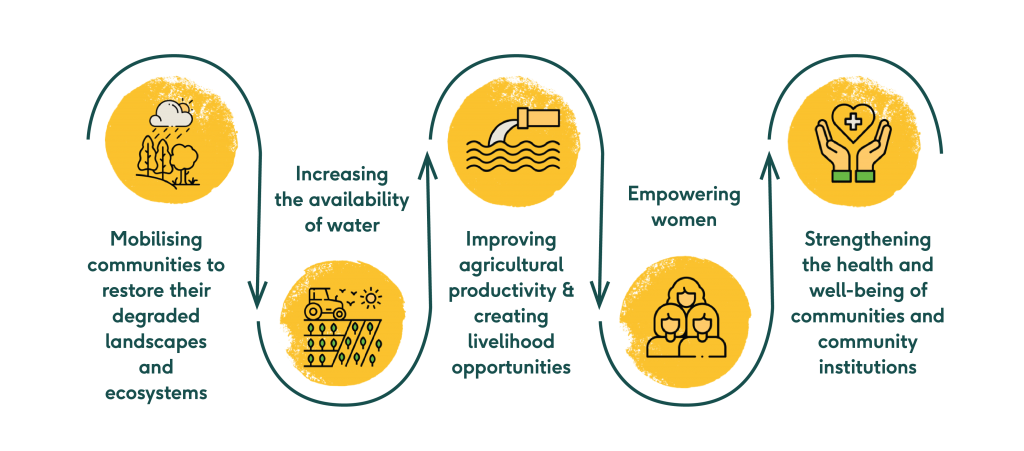
-
Ecosystem Restoration through EbA:
WOTR’s flagship approach, Ecosystem-based Adaptation (EbA) recognizes the critical role of ecosystems in climate resilience and natural resource management[8]. Through EbA, WOTR focuses on restoring and enhancing the capacity of ecosystems to provide essential services.
This approach involves the conservation and restoration of forests, wetlands, grasslands, and other natural habitats, improving ecosystem health, enhancing climate resilience, and supporting sustainable livelihoods.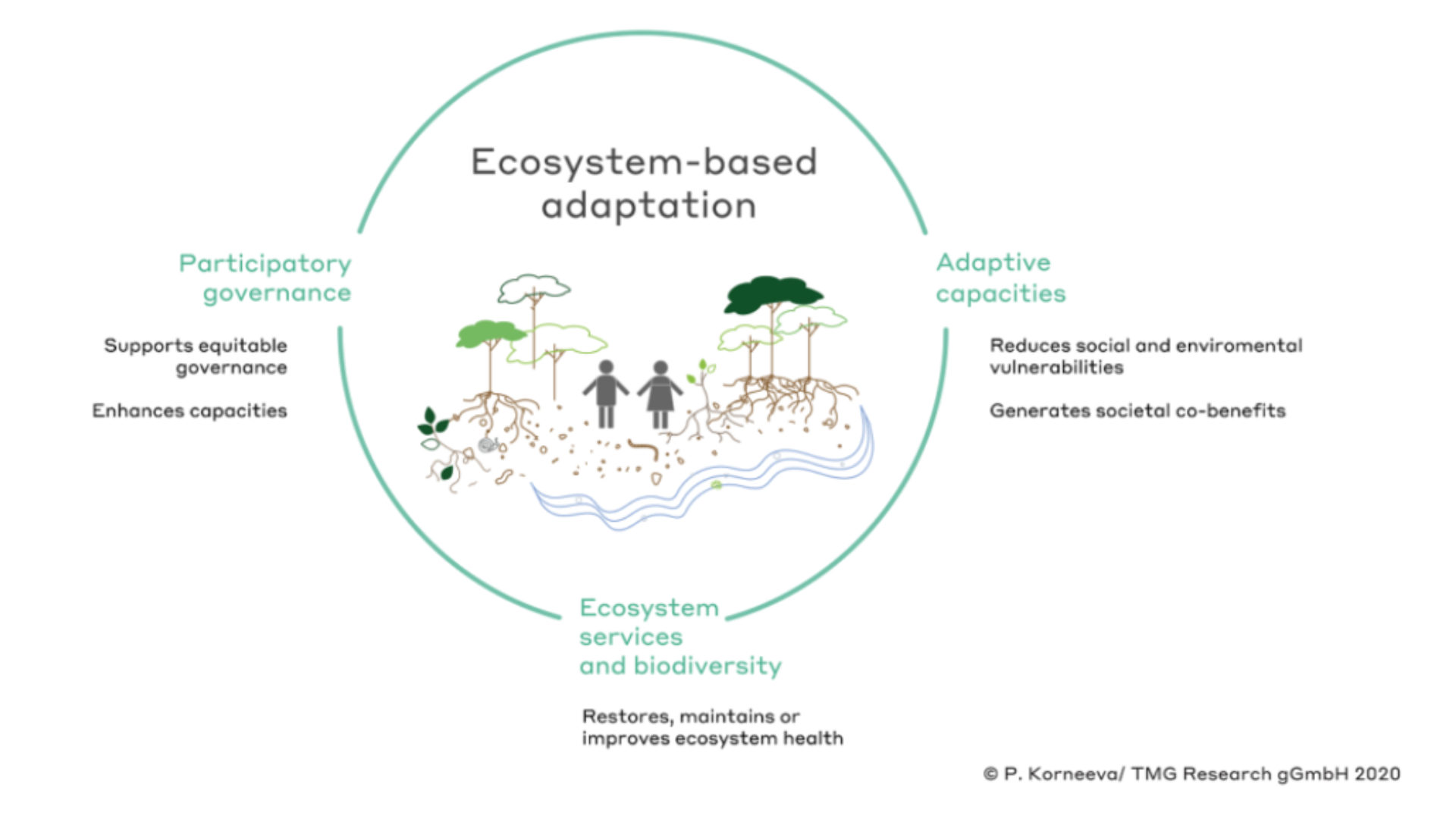
-
Integrated Watershed Development:
WOTR is credited with bringing community-led Integrated Watershed Development into the country to address drought. This approach focuses on rejuvenating degraded landscapes and optimizing water resources through community participation. It involves comprehensive understanding of the watershed ecosystem, including its hydrology, soil health, and vegetation cover.
By implementing soil and water conservation measures, WOTR helps restore ecological balance, improve water availability, and prevent soil erosion.
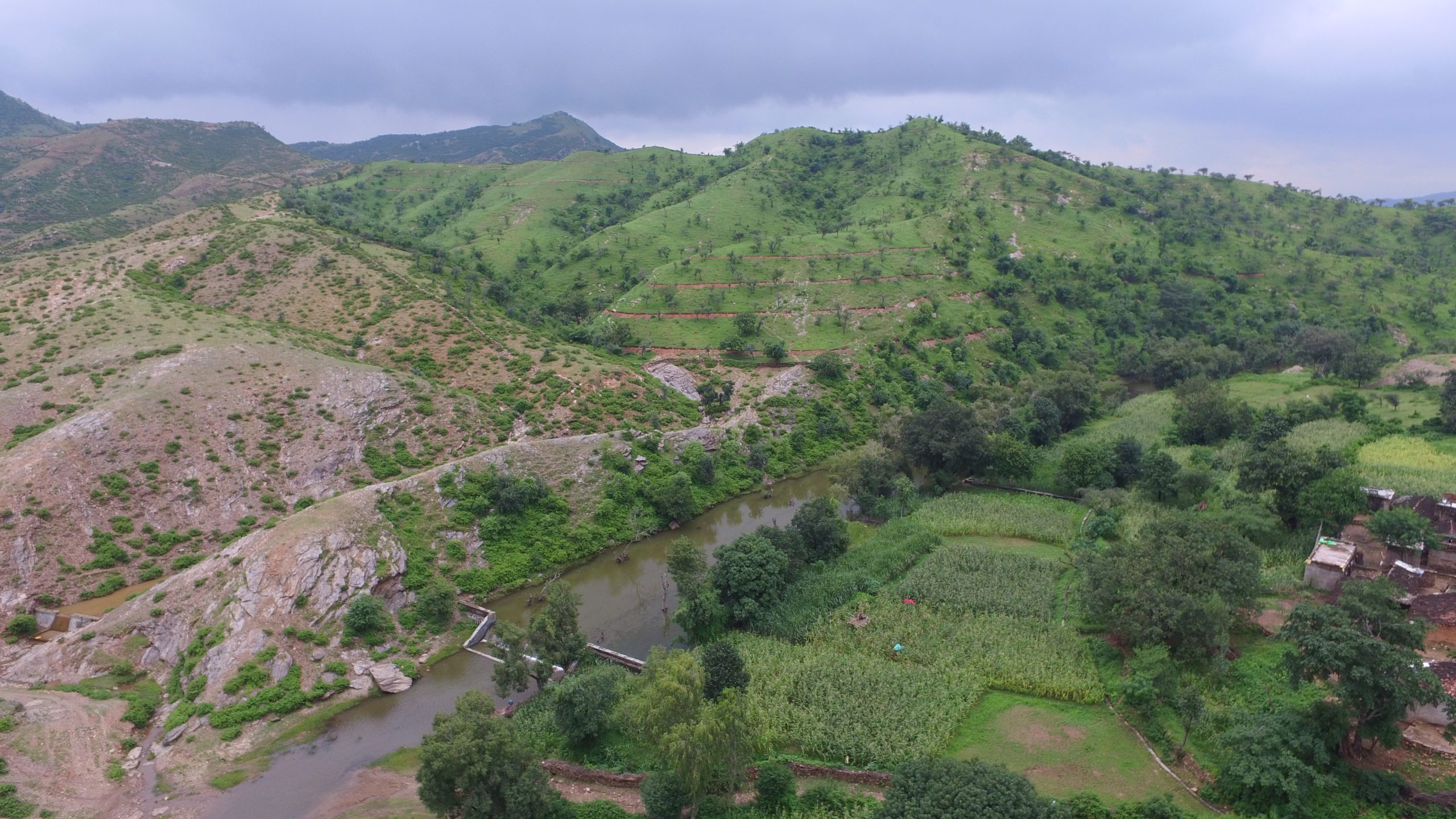
-
Participatory Approach and Capacity Building:
WOTR strongly believes in participatory development, engaging local communities as active stakeholders in the decision-making and implementation process. Through capacity building programs, WOTR empowers villagers by providing training on ecosystems restoration, watershed management, sustainable agriculture, water management, natural resource conservation, and entrepreneurship.
By enhancing the skills and knowledge of community members, WOTR ensures that they become agents of change, capable of managing and sustaining the interventions even after the organization’s direct involvement ends. This participatory approach fosters ownership, strengthens social cohesion, and builds the resilience of rural communities.
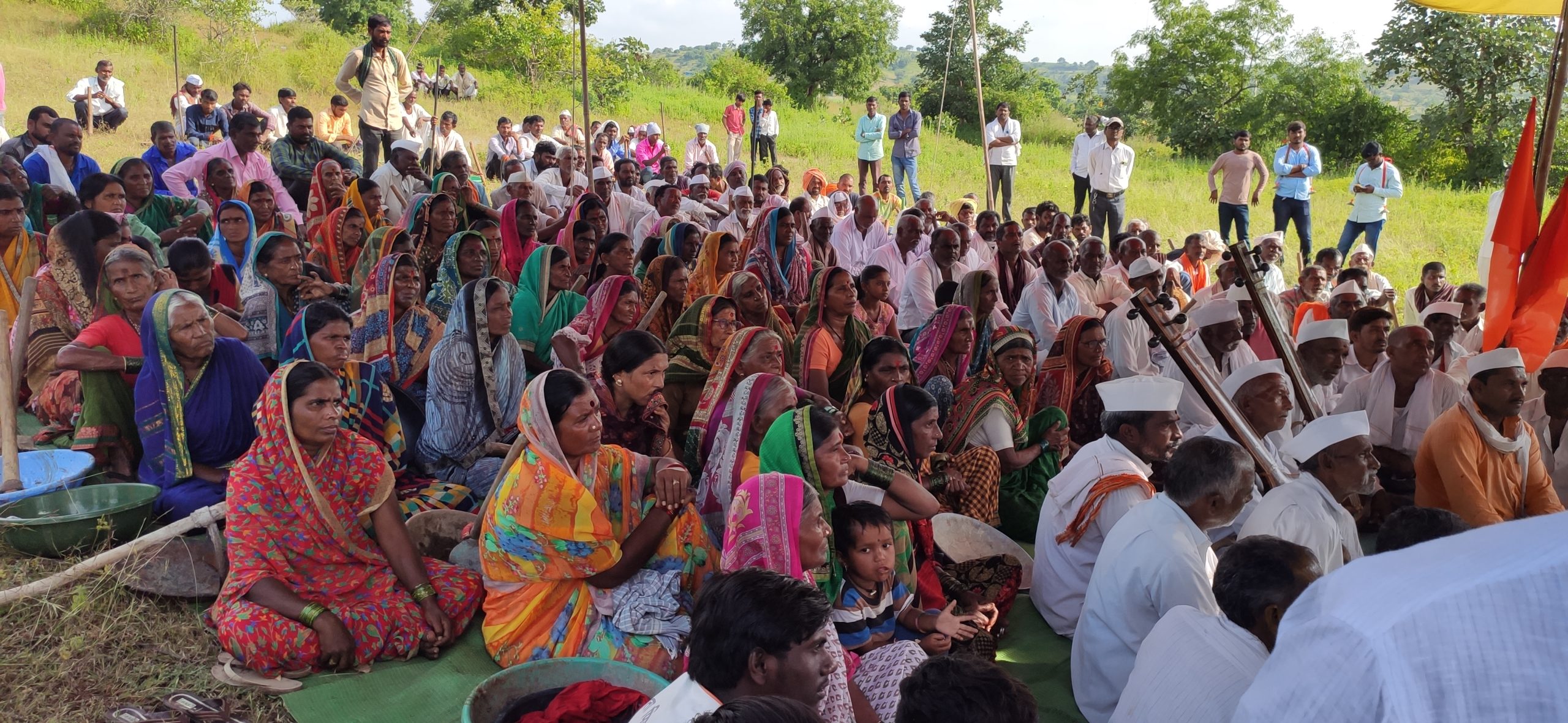
-
Gender Mainstreaming and Women Empowerment:
WOTR places a special emphasis on gender mainstreaming and women empowerment in its rural development initiatives. Recognizing the crucial role women play in agriculture and natural resource management, WOTR actively promotes their participation in decision-making processes, capacity building programs, and income-generating activities.
By empowering women through Self-Help Groups (SHGs), WOTR not only improves their livelihoods but also brings about positive social and economic transformation within families and communities.
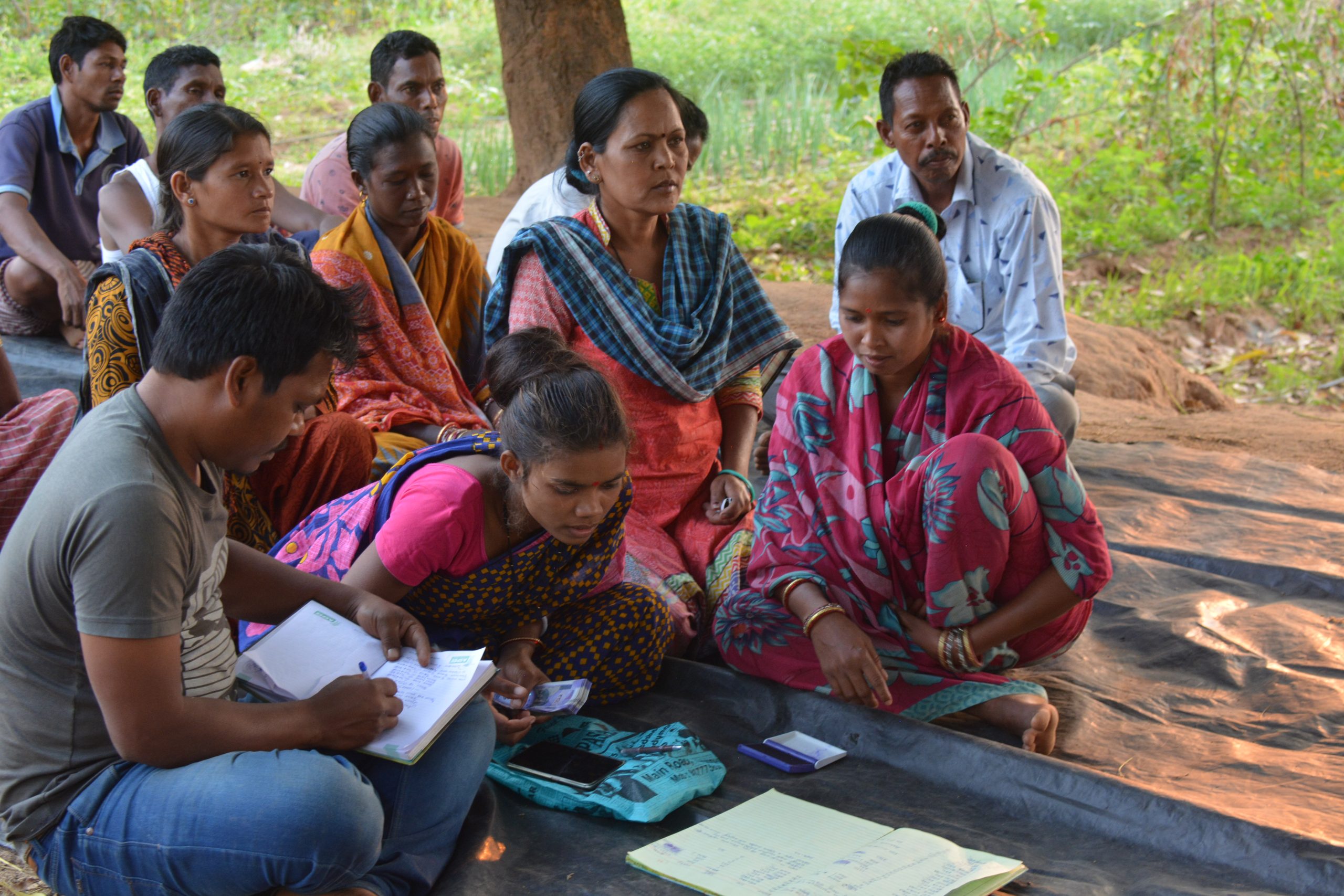
-
Knowledge Management and Learning Networks:
WOTR values knowledge management and sharing as a vital component of its approach. The organization actively documents and disseminates best practices, lessons learned, and innovative solutions emerging from its projects.
Through its action research arm, the WOTR Centre for Resilience Studies or W-CReS, WOTR also promotes learning networks, facilitating collaboration and knowledge exchange among different stakeholders, including local communities, government agencies, academic institutions, and other NGOs.
This collaborative approach ensures continuous learning, adaptation, and the replication of successful models across different regions, maximizing the impact of rural development initiatives.
-
Collaborative Approach:
WOTR believes in building strong collaborations with various stakeholders, including local communities, government bodies, and corporate entities. This collaborative approach ensures a collective effort towards rural development, leveraging expertise, resources, and knowledge sharing to achieve greater success and sustainability in its projects.
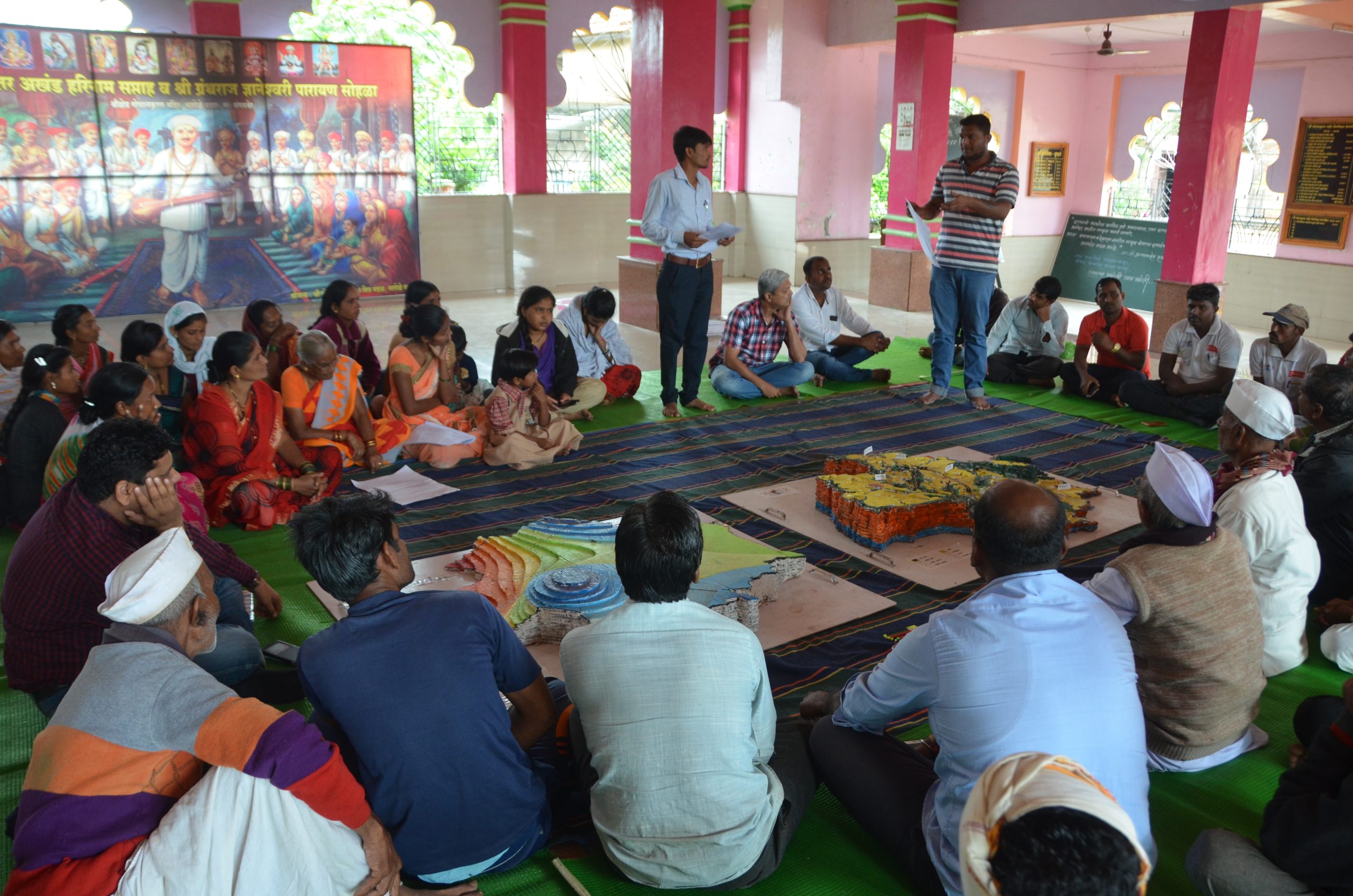
WOTR’s track record speaks volumes about their impact. Through its watershed development projects, WOTR has transformed arid and degraded lands into fertile and productive landscapes, empowered thousands of farmers with innovative farming techniques, enhanced water availability, and improved crop productivity. The interventions have not only improved the lives of individuals but also brought about positive changes at the community level.
-
Scalability and Replicability:
WOTR’s success stories are not limited to specific regions but extend to diverse geographies across India. Its initiatives have been successfully replicated in different states, showcasing their scalable and adaptable models for rural development. By investing in WOTR, companies can support the scaling up of proven strategies, amplifying impact, and benefiting a larger population.
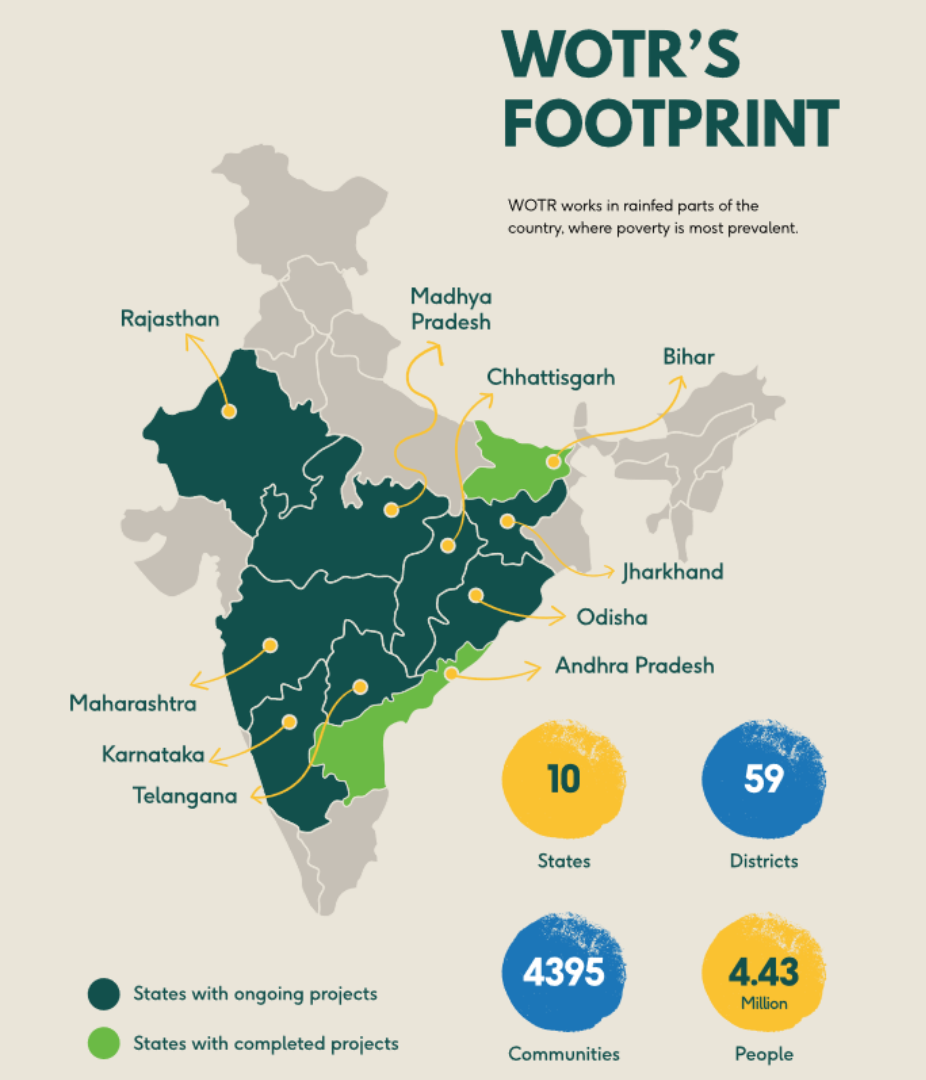
In conclusion, investing in rural development through partnering with WOTR has proven to be an effective and impactful way to foster sustainable progress in rural India. With its integrated, collaborative and community-centred approach, WOTR has consistently delivered on its mission and continues to bring about transformative change in rural communities, contributing significantly to the socio-economic and environmental well-being of the nation.

